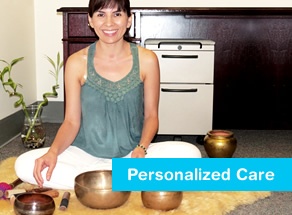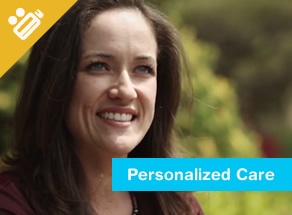Preventive Care
11 Tips to Survive Cold & Flu Season
22/01/2018 06:00am | 6571 viewsBy Carol DerSarkissian
Mental Health
Top 10 Tips for a Healthier Brain in 2018
16/01/2018 06:00am | 5738 viewsBy Georgia Ede, MD
How’s this for a New Year’s resolution?Resolve to improve your mood, concentration, and energy, lower your stress hormone levels, re-balance your hormones, and reduce your risk for dementia and many other chronic diseases—all by Valentine’s Day. All you have to do is commit to a brain-healthy lifestyle—starting with diet.
Preventive Care
Folk Cures and Alternative Treatment Are Putting Hispanic Patients At Risk
29/08/2013 06:00am | 29936 viewsAs Hispanics continue their ascent as the largest and fastest growing minority group in the U.S., tension points between the healthcare and the Hispanic communities are growing as well, fueled by the lack of outreach from the former to the latter. One of the results of this disconnect is that many Hispanics still rely on folk remedies that are passed on within the community and families, or they get their medical information from other alternative, non-medical sources. There are many instances of these alternative sources within local Hispanic communities; one such organization based in the Los Angeles area attributes roughly 60% of its sales in the U.S. to Latinos – and it is betting its future growth on them.
Preventive Care
CVS Health to Kickoff Annual Project Health Campaign
21/10/2015 10:00am | 16477 viewsFree health screenings will be held in 20 multicultural markets across the U.S., demonstrating the company’s commitment to increasing access to health care
Educators to offer resources to diabetes patients to help manage their condition
Healthcare Policy
Pay for Performance Extends to Health Care in New York State Experiment
11/10/2015 06:00am | 7880 viewsFor a generation, doctors in New York’s economically depressed neighborhoods have been the ugly ducklings of the medical hierarchy. Many are foreign born and foreign trained, serve mostly minority and immigrant patients, and often run high-volume practices to compensate for Medicaid’s low rate of payment.





